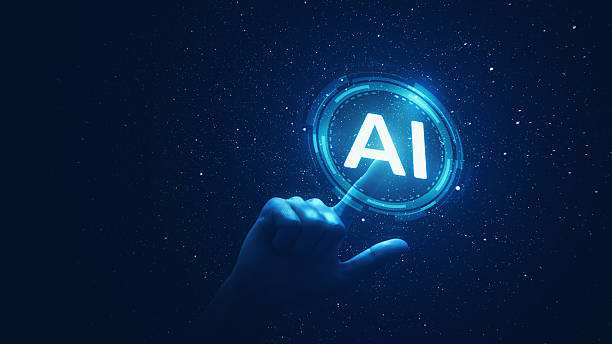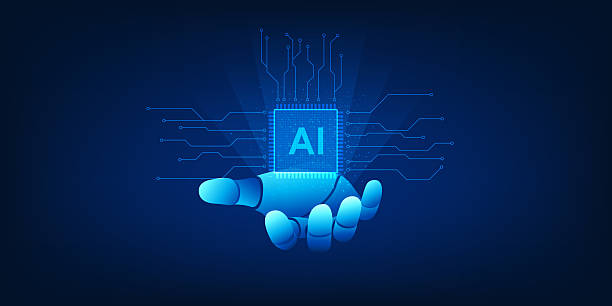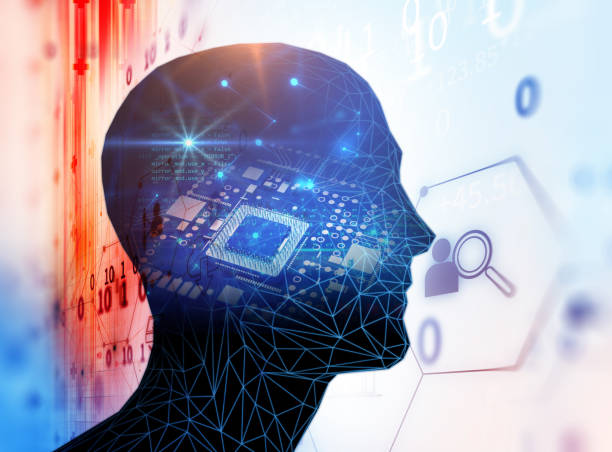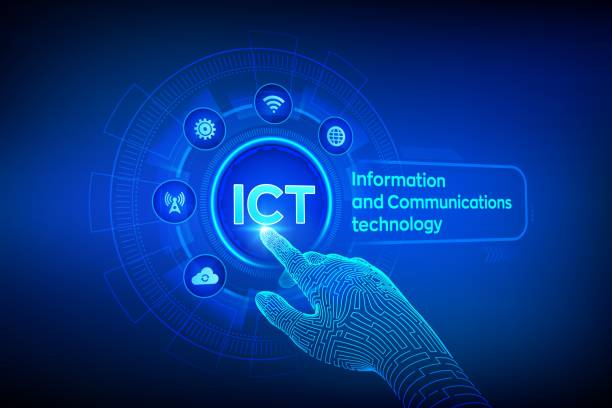Artificial Intelligence and Fundamental Transformation in the Global Job Market
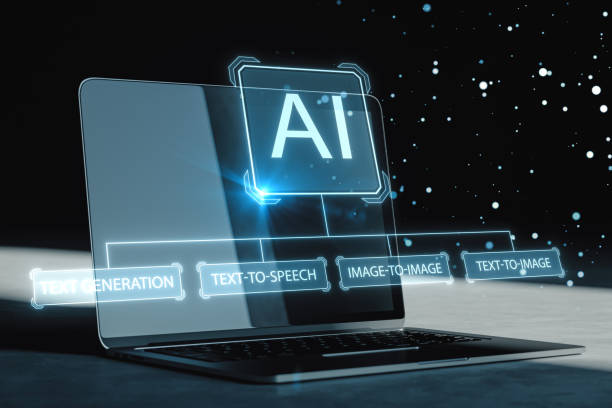
Artificial Intelligence (AI) is no longer a science fiction concept, but rather the main driving force behind #economic and #social transformations worldwide.
Its impact on the #job_market and the #future_careers_of_individuals is undeniable.
From automating repetitive tasks to creating entirely new industries, AI is redefining the nature of work.
This transformation not only changes existing jobs but also necessitates new skills and innovative approaches to workforce education and development.
The discussion about the future of AI employment is a mix of excitement over countless opportunities and concern about potential challenges.
This explanatory section explores how AI impacts various jobs, in both traditional industries and emerging sectors, offering an analytical perspective.
We are entering an era where human-machine collaboration is not only possible but inevitable, and this collaboration lays the foundation for shaping the future of AI employment.
This paradigm shift requires both employees and employers to adjust their strategies to adapt to this new reality.
Are you dissatisfied with the low conversion rate of visitors to customers on your e-commerce site?
Solve this problem forever with professional e-commerce website design by Rasaweb!
✅ Increase visitor-to-customer conversion rate
✅ Create excellent user experience and build customer trust
⚡ Get free consultation
Jobs at Risk of AI Automation
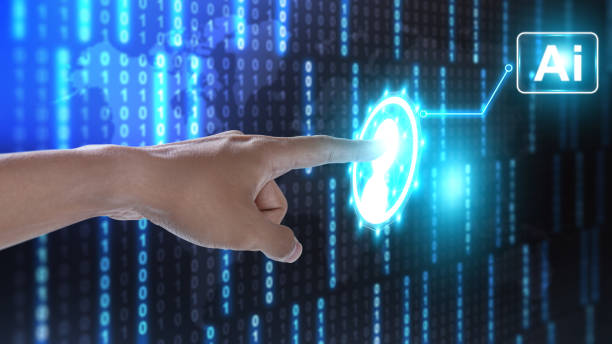
Rapid advancements in artificial intelligence, especially in machine learning and natural language processing, have exposed many tasks and consequently jobs to automation.
Repetitive, data-driven tasks requiring the analysis of specific patterns are prime candidates for handover to AI algorithms.
Jobs such as production workers on assembly lines, certain accounting tasks, data entry clerks, and even parts of customer service are increasingly being performed by robots and automated systems.
This phenomenon does not mean the complete annihilation of jobs, but rather a change in their nature.
For instance, an accountant might focus on analyzing financial data provided by AI instead of manually recording documents.
This shift raises important questions about the future of AI employment and the need for workforce retraining.
The news is that automation not only eliminates jobs but also creates new ones that require different skill sets.
Indeed, many experts believe that automation frees up work from tedious tasks, allowing humans to focus on more creative and strategic aspects.
This is a specialized evolution where the efficiency and precision of machines complement human capabilities.
New Job Opportunities in the Shadow of Artificial Intelligence
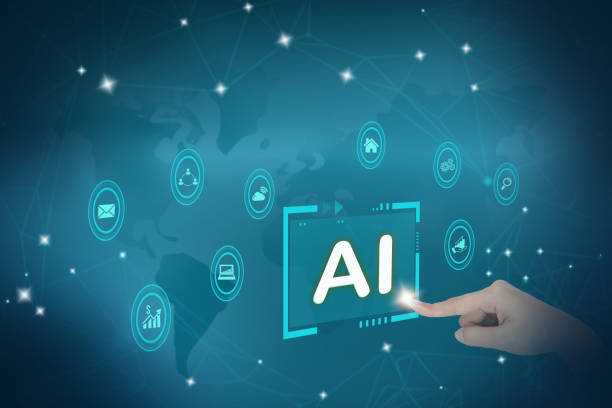
Despite concerns about automation, AI has also created a new wave of job opportunities that require novel specializations.
These jobs are not only related to the development, implementation, and maintenance of AI systems but also include roles that enhance human interaction with AI.
For example, a Prompt Engineer is a new and exciting job that focuses on designing effective instructions for Large Language Models (LLMs) to produce the best results.
Other jobs include data scientists, machine learning engineers, AI ethics specialists, user experience designers for intelligent systems, and big data analysts.
This field has provided a new playground for professionals with analytical, programming, and creative skills.
These opportunities positively transform the dimensions of the future of AI employment and show that AI is not just an eliminator, but also a creator of opportunities.
To capitalize on these opportunities, workforce education and retraining are crucial.
This guidance section outlines the educational paths individuals can pursue to enter these new jobs.
The table below refers to some of these emerging jobs and their required skills:
Table 1: Emerging Jobs in Artificial Intelligence and Key Skills
| Job Title | Role Description | Key Skills |
|---|---|---|
| Prompt Engineer | Designing and optimizing instructions for AI models | Creative thinking, natural language understanding, programming (Python) |
| Data Scientist | Analyzing data, building predictive models, extracting insights | Statistics, programming (R, Python), machine learning |
| AI Ethics Specialist | Ensuring fairness, transparency, and accountability of AI systems | Ethical philosophy, law, technical understanding of AI |
| Machine Learning Engineer | Designing, building, and deploying machine learning algorithms | Programming (Python, Java), linear algebra, statistics |
| Robotics Developer | Designing and programming robots and automated systems | Programming, mechanics, electronics |
The Importance of Reskilling and Upskilling
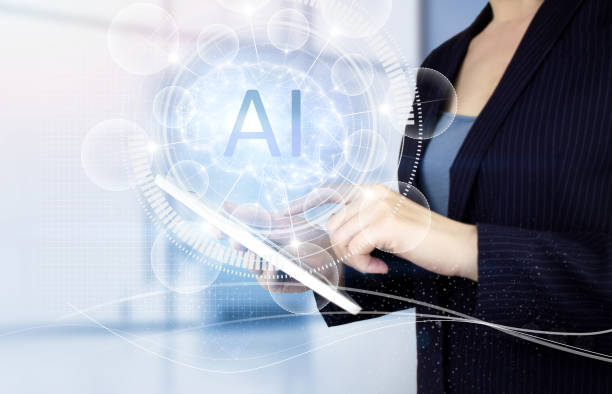
To adapt to the rapid changes in the future of AI employment, reskilling and upskilling are of vital importance.
These approaches not only help individuals remain relevant in their current jobs but also allow them to move towards new and emerging roles.
Indeed, lifelong learning is no longer an option but a necessity for survival and progress in the new job market.
Skills that guaranteed success in the past may be insufficient in the future.
The focus should be on developing soft skills such as critical thinking, problem-solving, creativity, and emotional intelligence, which AI cannot easily replicate.
Alongside these, technical skills in machine learning, data science, and programming are also essential.
Online training programs, short university courses, and specialized workshops can all be effective paths to acquire these skills.
This educational section emphasizes the necessity of individual and organizational investment in skill training and development so that both the workforce and organizations can leverage the full potential of the future of AI employment and turn its challenges into opportunities.
Did you know that your company’s website is the first point of contact for 75% of potential customers?
Your website is the face of your brand. With Rasaweb‘s corporate website design services, build an online presence that earns customer trust.
✅ Create a professional and lasting brand image
✅ Attract target customers and boost online credibility
⚡ Get free consultation from Rasaweb experts!
Impact of Artificial Intelligence on Traditional Industries and Services
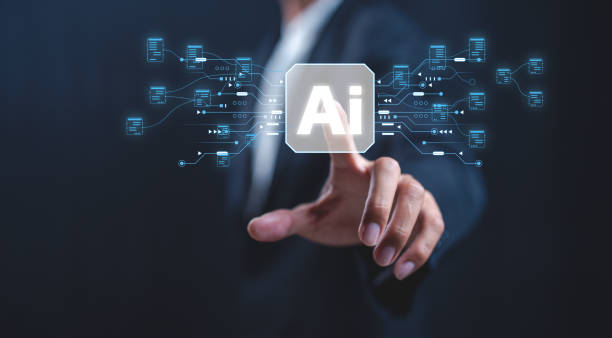
Artificial intelligence not only creates new jobs but also profoundly impacts the structure and operation of traditional industries.
In the healthcare sector, AI assists in disease diagnosis, drug discovery, and treatment personalization, which in turn leads to improved treatment outcomes and reduced workload for specialists.
However, these developments increase the need for doctors, nurses, and support staff who are tech-savvy and can collaborate with intelligent systems.
In the financial industry, AI is used for risk analysis, fraud detection, and automated financial advice.
This leads to the creation of new roles such as financial data analysts and cybersecurity specialists.
AI-powered automation has also revolutionized agriculture, transportation, and manufacturing, with robots performing difficult and dangerous tasks and intelligent systems increasing efficiency.
These developments represent an important news aspect of the future of AI employment: it is not merely a standalone technology but a transformative agent that permeates all aspects of the economy.
Organizations must define their strategies for embracing these changes and training their workforce for new roles to benefit from this technology.
Ethical and Social Considerations in AI Employment
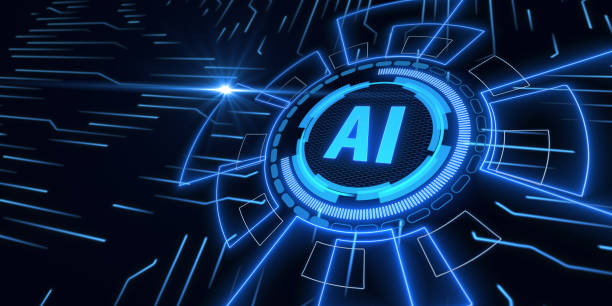
Alongside all the benefits of AI for the future of AI employment, important ethical and social questions also arise.
The most significant among them are widespread job displacement and potential inequalities.
Will AI lead to widespread unemployment? How can we ensure that the benefits of AI are distributed fairly and not limited only to tech elites? Additionally, there are concerns about algorithmic biases that can lead to discrimination in hiring, performance evaluation, and even termination.
For example, if an AI model’s training data contains human biases, its results will also be biased.
These discussions create thought-provoking content about how to manage this powerful technology.
It is essential for governments, organizations, and civil society to collaborate in formulating policies and regulations that ensure the responsible development and deployment of AI.
This includes investing in social safety nets, large-scale retraining programs, and establishing ethical standards for AI development.
The goal is to prevent AI advancements from becoming a source of social and economic problems and to ensure that AI ethics are at the core of future work planning.
Educational Paths and Necessary Skills for the Future of AI
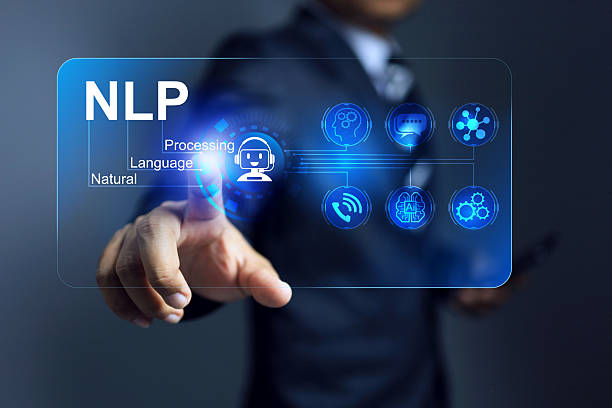
For success in the future of AI employment, a combination of technical and soft skills is essential.
From a technical standpoint, proficiency in programming languages like Python and R, familiarity with Machine Learning and Deep Learning concepts, statistics and linear algebra, and working with databases and data mining tools are very important.
Platforms like Coursera, Udemy, and edX offer many specialized courses in these areas that can be useful for starting or advancing one’s knowledge.
Furthermore, understanding AI system architectures and the ability to work with popular frameworks like TensorFlow and PyTorch has also become a competitive advantage.
But equally, soft skills are vital.
Problem-solving ability, analytical thinking, creativity, effective communication, and emotional intelligence are among the qualities that Artificial Intelligence cannot easily replicate, and therefore, their value in the job market increases.
These skills help individuals succeed in roles that require complex human interaction and decision-making in ambiguous situations.
This educational and guidance section provides a roadmap for students and professionals looking to build a sustainable career path in the age of AI.
The table below refers to key skills and how to develop them:
Table 2: Key Skills for Future Employment in Artificial Intelligence and Development Paths
| Skill Type | Specific Skills | Development Paths |
|---|---|---|
| Technical | Programming (Python, R), Machine Learning, Deep Learning, Data Analysis | Specialized online courses (Coursera, edX), Bootcamps, Hands-on projects |
| Analytical | Critical thinking, Problem-solving, Data-driven decision-making | Case studies, Research projects, Data challenges |
| Creativity | Out-of-the-box thinking, Innovation in solutions | Participation in hackathons, Artistic endeavors, Side projects |
| Communication | Presentation, Technical writing, Team collaboration | Team projects, Public speaking, Writing blog articles |
| Ethical | Understanding AI ethics, Social responsibility | Studying specialized books and articles, Attending seminars |
Entrepreneurship and Innovation in the Age of Artificial Intelligence
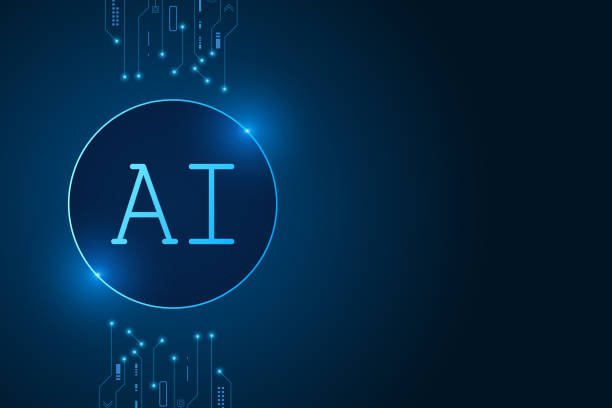
The future of AI employment is not limited to finding jobs in large corporations; it also provides unparalleled opportunities for entrepreneurship and innovation.
Small and large startups are emerging that use AI to solve new problems and create value in various markets.
From developing AI tools for small and medium-sized businesses to creating new platforms for customer interaction, the potential for innovation is endless.
This era is an exciting period for individuals with creative and daring ideas who want to push the boundaries of technology.
Entrepreneurs can focus on sectors where AI can perform more effectively than traditional methods, such as business process automation, predictive analytics for various industries, or creating personalized experiences for consumers.
This engaging approach is attractive not only because of its earning potential but also because of its ability to solve real problems and positively impact society.
For success in this field, a combination of technical AI knowledge, business skills, and a strategic vision to identify market needs is essential.
This path represents one of the most attractive aspects of the future of AI employment.
Did you know that poor online store design can drive away up to 70% of your potential customers? Rasaweb transforms your sales with professional and user-friendly e-commerce website designs.
✅ Significant increase in sales and revenue
✅ Full optimization for search engines and mobile
⚡ [Get free consultation from Rasaweb]
The Role of Government and Industry in Shaping the AI Job Market
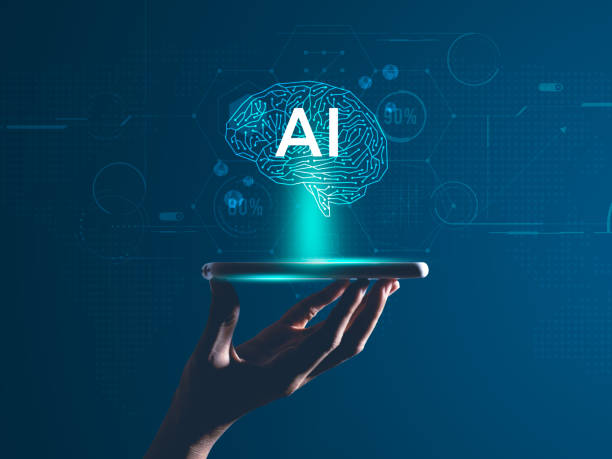
Shaping the future of AI employment and ensuring a smooth and fair transition requires close collaboration among governments, industries, and educational institutions.
Governments can play a key role by investing in AI research and development infrastructure, providing financial incentives for companies that invest in workforce training, and formulating support policies for workers affected by automation.
This includes unemployment programs, retraining support, and the creation of social safety nets.
Industries also have a responsibility to develop internal training programs by anticipating future job needs and to collaborate with universities to ensure that graduates have the necessary skills to enter the AI job market.
This collaboration can take the form of joint research projects, internships, and customized training courses.
This news and analytical section emphasizes that without a comprehensive and coordinated approach, the challenges arising from AI can outweigh its opportunities.
Only with strategic planning and inter-sectoral collaboration can we ensure that the future of AI employment will benefit everyone and create new opportunities for growth and development.
Conclusion: The Outlook of Future Work with Artificial Intelligence
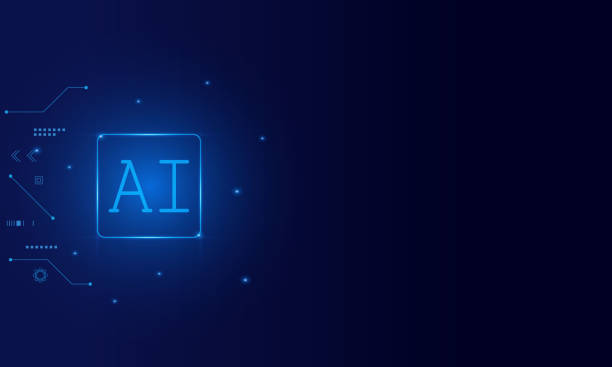
Ultimately, the future of AI employment is not a fixed path but a continuously evolving landscape.
As AI matures, it not only automates certain jobs but also enhances the value of unique human skills such as creativity, critical thinking, emotional intelligence, and interpersonal skills.
This is a transitional period where human-machine collaboration, rather than mere competition, takes center stage.
Future jobs will likely require the ability to integrate AI technologies into work processes and use them as tools to enhance productivity and innovation.
Challenges related to job displacement, inequality, and ethical considerations are real and must be carefully addressed.
But with proper planning, investment in education and retraining, and the development of supportive policies, we can successfully navigate this transitional period.
This analytical and explanatory section emphasizes that the key to success in the future of AI employment lies in embracing change, continuous learning, and fostering skills that distinguish us from machines.
The future of work is smart work, and this intelligence will be a combination of AI’s computational power and human creative intelligence and empathy.
Frequently Asked Questions
| Question | Answer |
|---|---|
| What impact will AI have on the future job market? | AI will automate repetitive jobs, but at the same time, it will create new and more complex jobs in areas such as development, maintenance, and training of AI systems. |
| Which jobs are most at risk of being replaced by AI? | Jobs involving repetitive, rule-based tasks with low need for creativity or emotional intelligence, such as some manufacturing jobs, data entry, and simple customer service, are most at risk. |
| What skills are essential for success in the future of work with AI? | Skills such as critical thinking, complex problem-solving, creativity, emotional intelligence, data literacy, the ability to work with AI, and lifelong learning are of high importance. |
| Will AI cause widespread unemployment? | Some jobs will be eliminated, but history shows that new technologies reshape the job market and create new jobs rather than causing widespread unemployment. Adaptability and retraining are crucial. |
| What new job opportunities emerge with the rise of AI? | Jobs such as Machine Learning Engineer, Data Scientist, AI Ethicist, Human-AI Interaction Designer, and Digital Transformation Consultant are among the new opportunities. |
| What is the role of education in preparing for the future of work with AI? | Education must focus on developing soft skills, computational thinking, digital literacy, and the ability for continuous learning to prepare individuals for future changes. |
| How can I prepare myself for changes in the job market caused by AI? | You can prepare yourself by learning new skills related to AI and data, strengthening soft skills, developing critical and creative thinking, and adopting lifelong learning. |
| Will AI ethics become an important career field? | Yes, given increasing concerns about biases, privacy, and automated decision-making in AI, the role of AI ethics specialists will become crucial to ensuring its responsible development. |
| What is the importance of human-AI collaboration in the future of work? | Human-AI collaboration, rather than competition, will shape the future of the job market. AI can be a tool to increase productivity and allow humans to focus on more complex and creative tasks. |
| Which industries will be most affected by AI? | Almost all industries will be affected, but sectors such as healthcare, finance, transportation, manufacturing, education, and customer service are pioneers in adopting and transforming through AI. |
And other advertising services of Rasaweb Advertising Agency
Smart Reportage: A professional solution for increasing click-through rates with a focus on attractive user interface design.
Smart Direct Marketing: A fast and efficient solution for customer acquisition with a focus on intelligent data analysis.
Smart Reportage: A creative platform for improving customer acquisition with marketing automation.
Smart Digital Branding: A novel service for enhancing campaign management through user experience customization.
Smart Brand Identity: A creative platform for improving customer acquisition with intelligent data analysis.
And over hundreds of other services in internet advertising, advertising consultation, and organizational solutions
Internet Advertising | Advertising Strategy | Advertorial
Sources
The Future of AI Jobs in Iran
Comprehensive Guide to AI Careers
AI Employment Outlook
AI Job Market Analysis
? Do you dream of a powerful presence in the digital world? Rasaweb Digital Marketing Agency, with its expertise and experience, offers comprehensive and effective solutions for the growth and development of your business. From personal and corporate website design to SEO and advertising campaign management, we pave your path to digital success.
📍 Tehran, Mirdamad Street, next to Bank Markazi, Kazerun Jonubi Alley, Ramin Alley, No. 6

